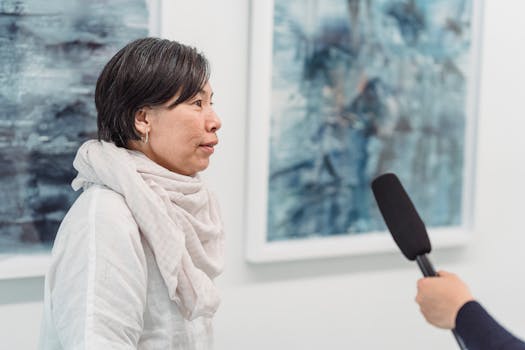To become a community arts worker, you could take a foundation degree, higher national diploma or degree in:
- community arts
- creative expressive therapies
- art and design
- community education
You'll usually need to be qualified and experienced in a certain art form, such as visual arts, dance, drama, music or creative writing.
Entry requirements
You'll usually need:
- 1 or 2 A levels, or equivalent, for a foundation degree or higher national diploma
- 2 to 3 A levels, or equivalent, for a degree




